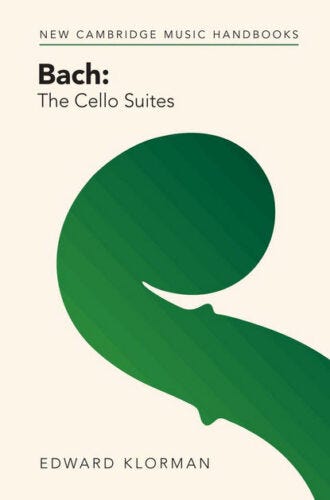A Year of Bach

A Year of Bach
Podcast Description
Bach is the greatest, and we still don’t talk about him enough. A Year of Bach extends my year-long listening project into conversation. I sit down with writers, philosophers, economists, and entrepreneurs to ask how this 300-year-old music continually rewrites us.
Subscribe here: https://yearofbach.substack.com/ yearofbach.substack.com
Podcast Insights
Content Themes
The podcast explores the themes of music's emotional impact, personal connections to Bach, and the intersection of literature and music, with episodes discussing topics such as the 'expectation of astonishment' in music and the significance of late bloomers in the arts, as highlighted in the debut episode featuring Henry Oliver.

Bach is the greatest, and we still don’t talk about him enough. A Year of Bach extends my year-long listening project into conversation. I sit down with writers, philosophers, economists, and entrepreneurs to ask how this 300-year-old music continually rewrites us.
Subscribe here: https://yearofbach.substack.com/
Violist and Author Edward Klorman discusses his new book, Bach: The Cello Suites, and adds commentary at the keyboard.
Edward’s website: http://Edwardklorman.com/
A Year of Bach Substack: https://yearofbach.substack.com
This is a public episode. If you would like to discuss this with other subscribers or get access to bonus episodes, visit yearofbach.substack.com

Disclaimer
This podcast’s information is provided for general reference and was obtained from publicly accessible sources. The Podcast Collaborative neither produces nor verifies the content, accuracy, or suitability of this podcast. Views and opinions belong solely to the podcast creators and guests.
For a complete disclaimer, please see our Full Disclaimer on the archive page. The Podcast Collaborative bears no responsibility for the podcast’s themes, language, or overall content. Listener discretion is advised. Read our Terms of Use and Privacy Policy for more details.